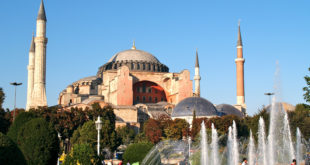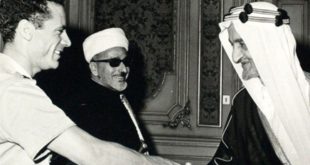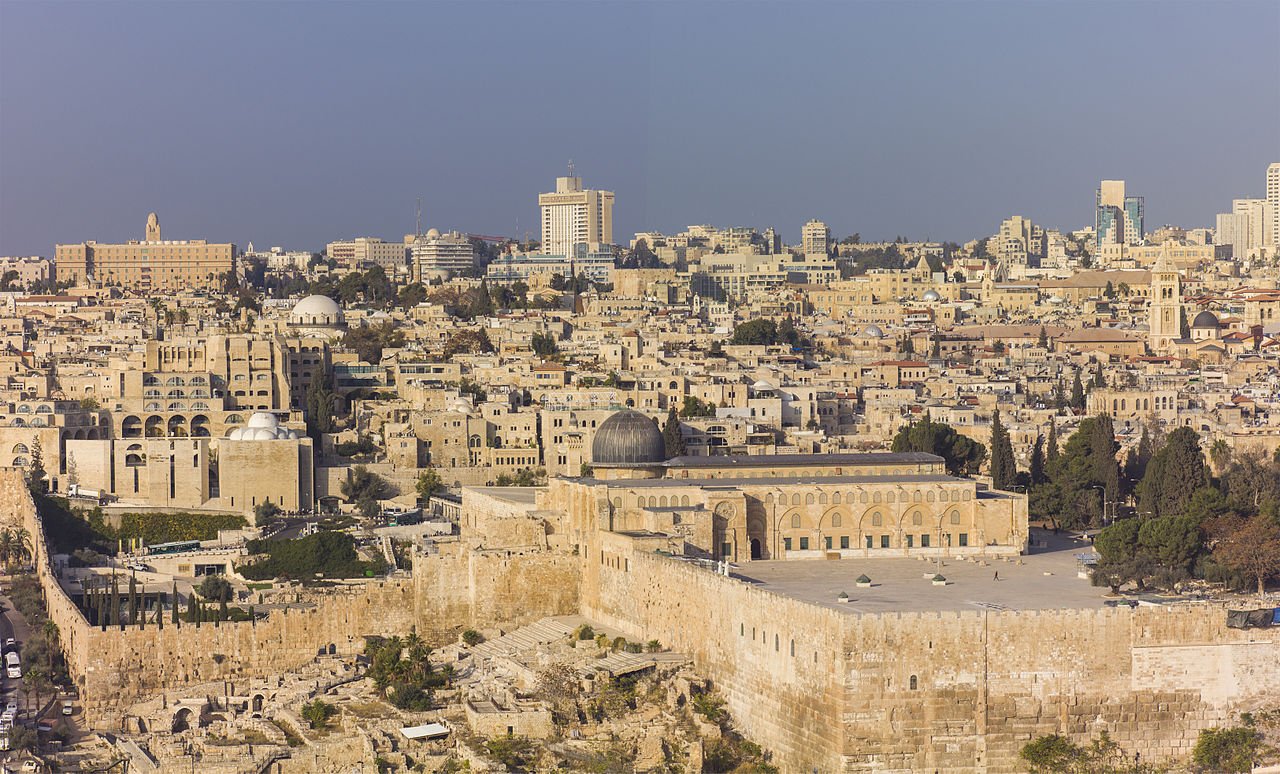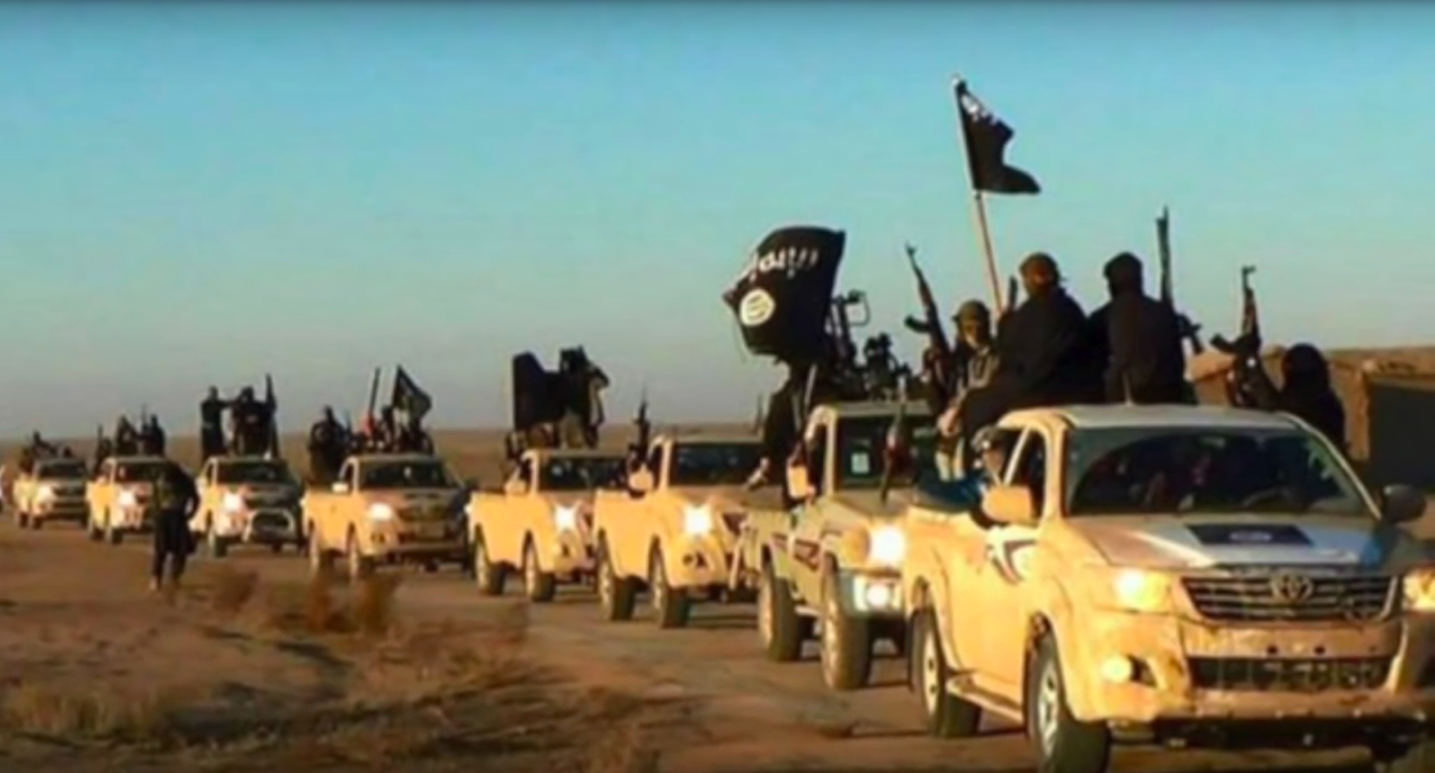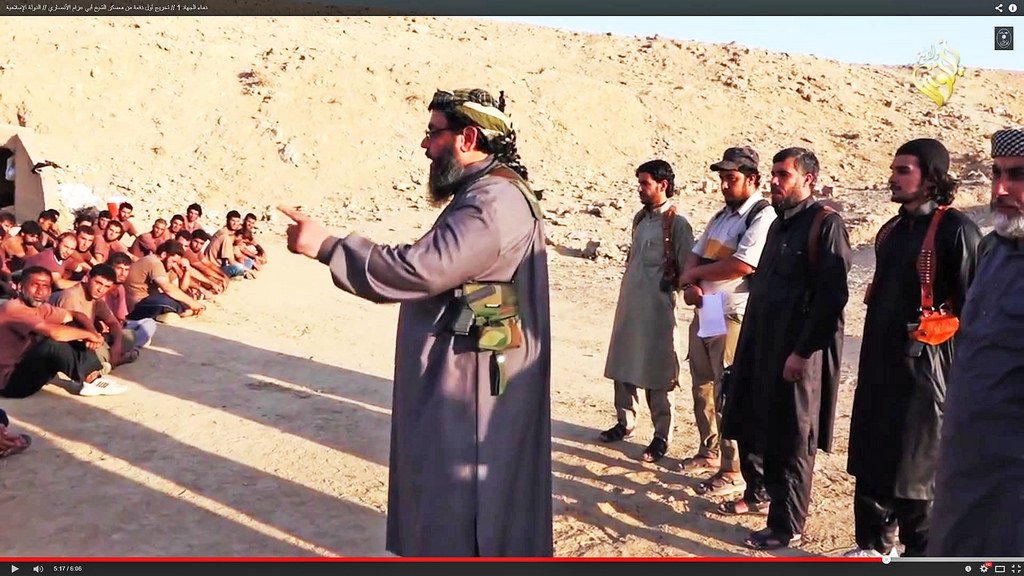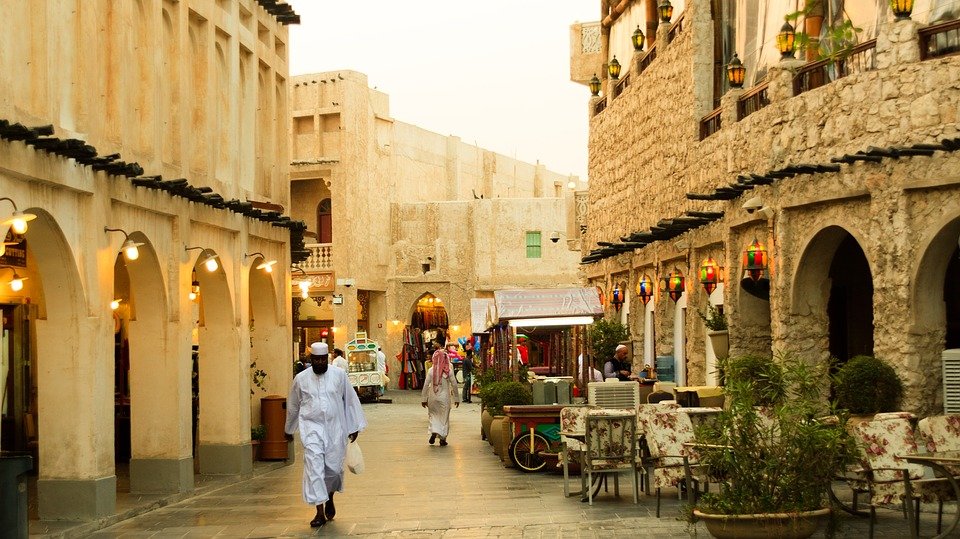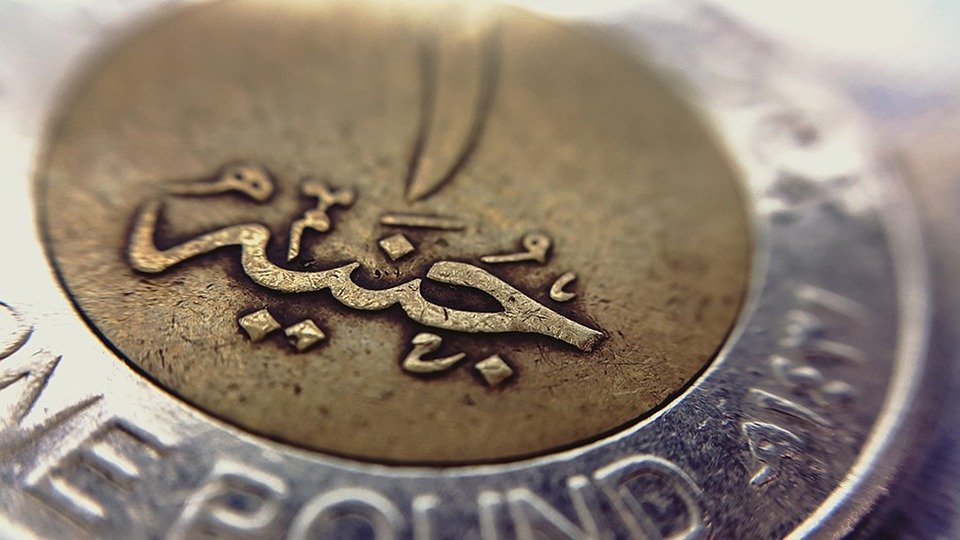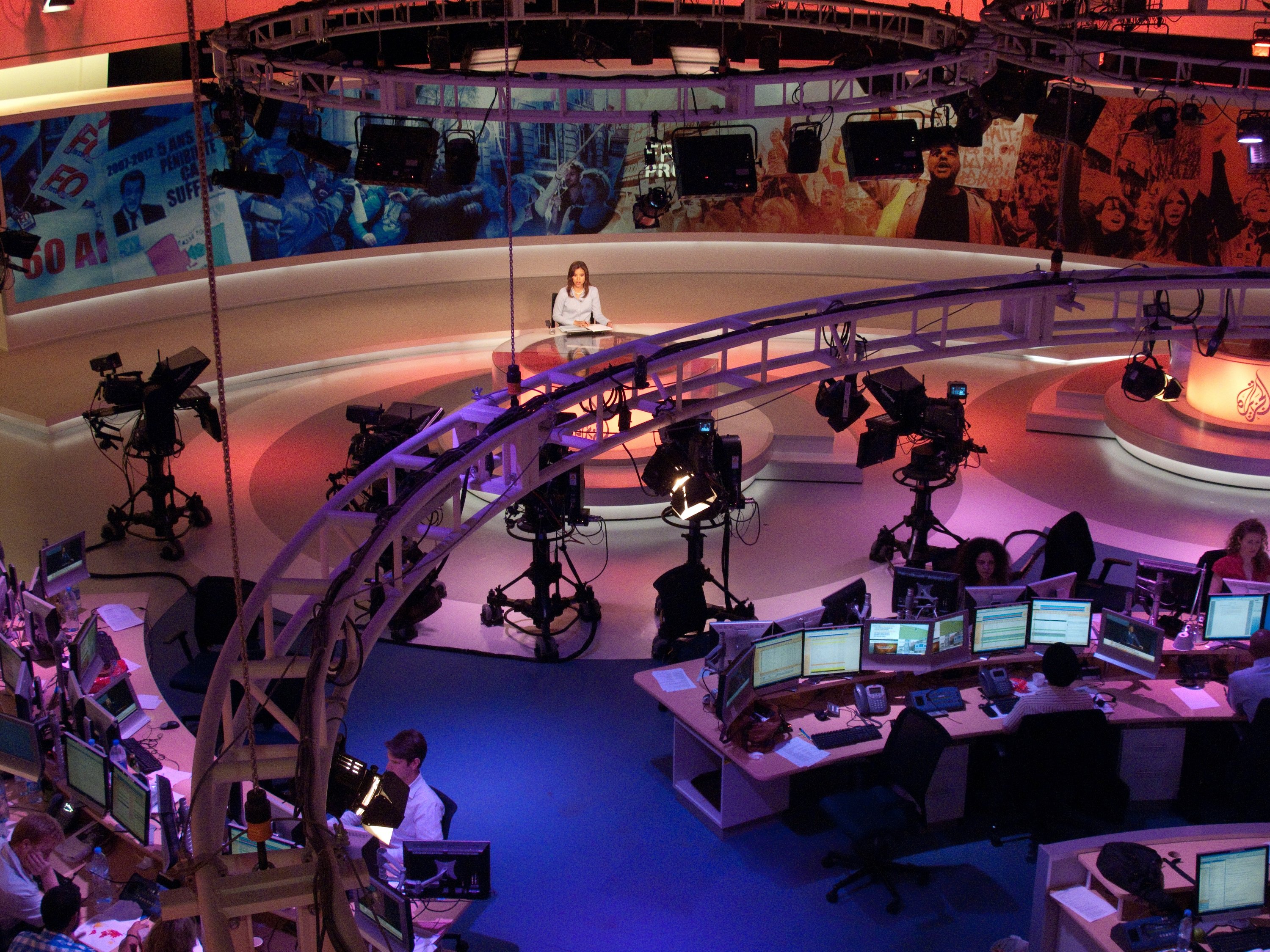Scroll down for the Arabic abstract. Turkey’s Council of State, the highest Turkish administrative court, handed down its decision on July 10, 2020 regarding Hagia Sophia. The council reversed the monument’s status from a museum back into a mosque as from July 24, sparking heated debates between those in favor …
Read More »Islam and Saudi Foreign Policy
The following is an excerpt from Andrew Hammond's chapter "Producing Salafism: From Invented Tradition to State Agitprop" in the volume Salman's Legacy, edited by Madawi Al-Rasheed and published by Hurst (2018). Saudi foreign policy did not begin to play with Islamic themes until the 1960s. Wary of any scheme of meaningful …
Read More »Shining New Light on the Palestinian Cause: The Unintended Consequences of Trump’s Jerusalem Declaration
A few days before U.S. President Donald Trump declared that America would recognize Jerusalem as the capital of Israel, a number of Arab heads of state—including the leaders of Jordan, Saudi Arabia, and the Palestinian Authority (not yet a state but one in the making since Oslo)—were informed that Trump …
Read More »BOOK REVIEW | As Terrorism Evolves
Seib, P. (2017). As Terrorism Evolves: Media, Religion and Governance. Cambridge, U.K.: Cambridge University Press. USC journalism professor Philip Seib has done a great service for those who follow media-driven events connected with terrorism inspired by Middle East- and Africa-based terror groups that have, for many, become household names, such …
Read More »Picturing Law and Order: A Visual Framing Analysis of ISIS’s Dabiq Magazine
Abstract The rise of ideologically-driven lone actor terrorist attacks, coupled with the use of Internet-circulated media products as sources of inspiration, raises the need to understand the message strategies embedded in media campaigns of groups like ISIS. To better understand “enforcers” of ISIS’ interpretation of Shari’a law on the global …
Read More »Sources of Resilience in Political Islam: Sacred Time, Earthly Pragmatism, and Digital Media
Patience. [The member] should have plenty of patience for enduring afflictions if the enemies overcome him. He should not abandon this great path and sell himself and his religion to the enemies for his freedom. He should be patient in performing the work, even if it lasts a long time. …
Read More »The Qatari Crisis and Al Jazeera’s Coverage of the War in Yemen
Abstract This study examines the coverage of the Yemeni crisis, before and after the outbreak of the Gulf crisis, by Al-Jazeera English news websites. It aims to identify any existing variation in Al-Jazeera’s news coverage with respect to the Yemeni crisis, thus examining the degree to which Al-Jazeera maintains its …
Read More »Preserving the Past, Mobilizing the Past: The Nakba as a Prospective Media Realm
Abstract This article discusses the mediated presentation of the Nakba in the post-Oslo era through an examination of ‘anniversarial’ journalism. By viewing media as an interpretative memory community, this work reveals how Palestinian society has shaped its ideological framing and worldview over time. Building on previous scholarly works which challenge …
Read More »Local Media Framing of Egyptian Monetary Policy: Insights from the 2016 Flotation of the Pound
Abstract On November 3, 2016, the Central Bank of Egypt (CBE) announced the free flotation of the Egyptian pound in an attempt to stabilize the economy. Following this announcement, the CBE issued a series of press releases addressing the matter, and the flotation was widely covered by local media. This …
Read More »Al-Jazeera’s relationship with Qatar before and after Arab Spring: Effective public diplomacy or blatant propaganda?
Abstract Since its foundation in 1996 until the Arab Spring uprisings in 2011, the Qatar-based and funded channel, Al-Jazeera, was considered by many media and politics scholars as a major element of a “pan-Arab public diplomacy” and even a “virtual state.” The main reasons behind Al-Jazeera’s success as an effective …
Read More » Arab Media & Society The Arab Media Hub
Arab Media & Society The Arab Media Hub
